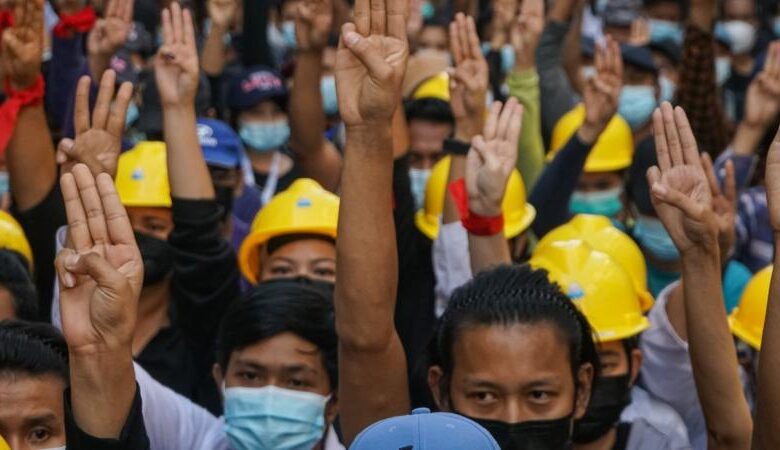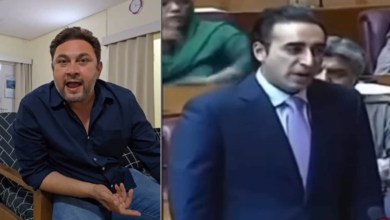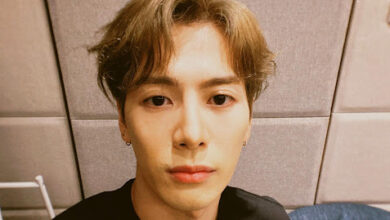The Global Expansion of Authoritarian Rule

During this period of democratic decline, checks on abuse of power and human rights violations have eroded. In the decades after World War II, the United Nations and other international institutions promoted the notion of fundamental rights, and democracies offered support—however unevenly—in their domestic and foreign policies as they strove to create an open international system built on shared resistance to totalitarianism. After the fall of the Berlin Wall, leaders of countries in transition felt compelled to publicly embrace the same ideals in order to win acceptance in the international community, even if their commitment was only skin deep. Governments that relied on external economic or military support had to stage at least superficially credible elections and respect some institutional checks on their power, among other concessions, to maintain their good standing.
For much of the 21st century, however, democracy’s opponents have labored persistently to dismantle this international order and the restraints it imposed on their ambitions. The fruits of their exertions are now apparent. The leaders of China, Russia, and other dictatorships have succeeded in shifting global incentives, jeopardizing the consensus that democracy is the only viable path to prosperity and security, while encouraging more authoritarian approaches to governance.
Countries in every region of the world have been captured by authoritarian rulers in recent years. In 2021 alone, Nicaragua’s incumbent president won a new term in a tightly orchestrated election after his security forces arrested opposition candidates and deregistered civil society organizations. Sudan’s generals seized power once again, reversing democratic progress made after the 2019 ouster of former dictator Omar al-Bashir. And as the United States abruptly withdrew its military from Afghanistan, the elected government in Kabul collapsed and gave way to the Taliban, returning the country to a system that is diametrically opposed to democracy, pluralism, and equality.
At the same time, democracies are being harmed from within by illiberal forces, including unscrupulous politicians willing to corrupt and shatter the very institutions that brought them to power. This was arguably most visible last year in the United States, where rioters stormed the Capitol on January 6 as part of an organized attempt to overturn the results of the presidential election. But freely elected leaders from Brazil to India have also taken or threatened a variety of antidemocratic actions, and the resulting breakdown in shared values among democracies has led to a weakening of these values on the international stage.
It is now impossible to ignore the damage to democracy’s foundations and reputation. The regimes of China, Russia, and other authoritarian countries have gained enormous power in the international system, and freer countries have seen their established norms challenged and fractured. The current state of global freedom should raise alarm among all who value their own rights and those of their fellow human beings. To reverse the decline, democratic governments need to strengthen domestic laws and institutions while taking bold, coordinated action to support the struggle for democracy around the world. In less free countries, democrats must unite to resist the encroachment of unchecked power and work toward expanding freedom for all individuals. Only global solidarity among democracy’s defenders can successfully counter the combined aggression of its adversaries.
Popular demand for democracy remains strong. From Sudan to Myanmar, people continue to risk their lives in the pursuit of freedom in their countries. Many others undertake dangerous journeys in order to live freely elsewhere. Democratic governments and societies must harness and support this common desire for fundamental rights and build a world in which it is ultimately fulfilled.
What is democracy?
Fundamental to the restoration of democracy is a correct understanding of what it is. The word democracy has been applied, rightly or wrongly, to states of all types, from the “Democratic People’s Republic” of North Korea to the freest polities in Scandinavia. A December 2021 joint op-ed by the Russian and Chinese ambassadors to the United States called both of their dictatorships “democratic.” Misappropriation of the word is a testament to democracy’s widespread appeal. Yet this unfortunate practice has generated confusion, allowing opponents to simultaneously claim democratic credentials and argue that actual democracies are ineffective or hypocritical.
Moreover, it has contributed to a misperception that all democracy requires is the regular performance of elections. Democracy means more than just majority rule, however. In its ideal form, it is a governing system based on the will and consent of the governed, institutions that are accountable to all citizens, adherence to the rule of law, and respect for human rights. It is a network of mutually reinforcing structures in which those exercising power are subject to checks both within and outside the state, for example, from independent courts, an independent press, and civil society. It requires an openness to alternations in power, with rival candidates or parties competing fairly to govern for the good of the public as a whole, not just themselves or those who voted for them. It creates a level playing field so that all people, no matter the circumstances of their birth or background, can enjoy the universal human rights to which they are entitled and participate in politics and governance.
Democracy is also more than just an ideal. It is a practical engine of self-correction and improvement that empowers people to constantly, peacefully struggle toward that ideal. When one part of the system falters, the others can be used as tools to repair and strengthen it. This unique and inherent capacity for self-correction is what makes democracy so successful at delivering long-term stability and prosperity. No democracy in the real world is perfect, and those demanding democracy in places like Cuba and Hong Kong are not demanding perfection. What they desire are the freedoms and the institutions that will allow them to create a better life and a more just society over time.
Source link



